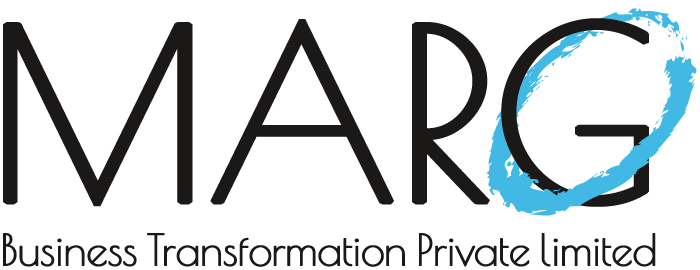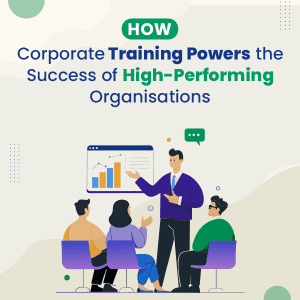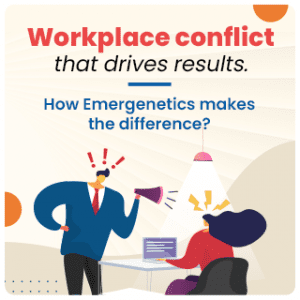
In recent times, with sweeping digitization and agile initiatives coupled with the move to remote work, the job of managers has dramatically changed. This change has come in three dimensions: power, skills, and structure. Managers now have to think about making their teams successful, rather than being served by them; coach performance, not just oversee tasks; and lead in rapidly changing, more-fluid environments.
These shifts have piled more responsibilities on managers and required them to demonstrate new capabilities. While managers are looking for help and guidance, this is a good opportunity for the HR function to step in and provide a structured framework to continually coach and help managers remain effective.
Let’s take a look at how and where HR can help managers drive better productivity by coaching on the following aspects. –
1. Help managers understand the power shift from “Me” to “we.” HR can play a big role in helping managers think about making teams successful, not being served by them as illustrated by the below examples.
- My team makes me successful ➡️ I am here to make my team successful.
- I am rewarded for achieving business goals ➡️ I am also rewarded for improving team engagement, inclusion, and skill relevancy.
- I control how people move beyond my business function ➡️ I scout for talent and help my team move fluidly for wider opportunities.
2. Help managers understand the skill shift from “task overseer” to “performance coach”. HR can be instrumental in setting expectations with managers that they are expected to coach performance, not just oversee tasks, as mentioned below.
- I oversee work ➡️ I track outcomes
- I assess team members against expectations ➡️ I coach them to achieve their potential.
- I provide work direction ➡️ I provide inspiration, sensemaking, and emotional support.
3. Help managers understand the structural shift from “static and physical” to “fluid and digital”. HR needs to educate managers that they need to adapt to lead in a more fluid environment. Examples include:
- I set goals and make assessments annually ➡️ I provide ongoing guidance on priorities and performance feedback.
- I manage an intact team of people in fixed jobs and locations ➡️ My team is fluid, and the workplace is digital.
- I hold an annual career discussion ➡️ I continually retrain my team and provide career coaching.
No crisis is necessary for HR to transform its practices. Nor should the function focus solely on innovations in hiring. Discretionary effort—by managers who are engaged and willing to give their best—is at the heart of organizational success and managing and developing those managers is the way to drive and sustain that effort. So, the time is ripe for the HR function to move beyond the usual metrics and play an active role in things like leadership development, job design, and knowledge sharing, thereby ensuring their organizations stay competitive.






